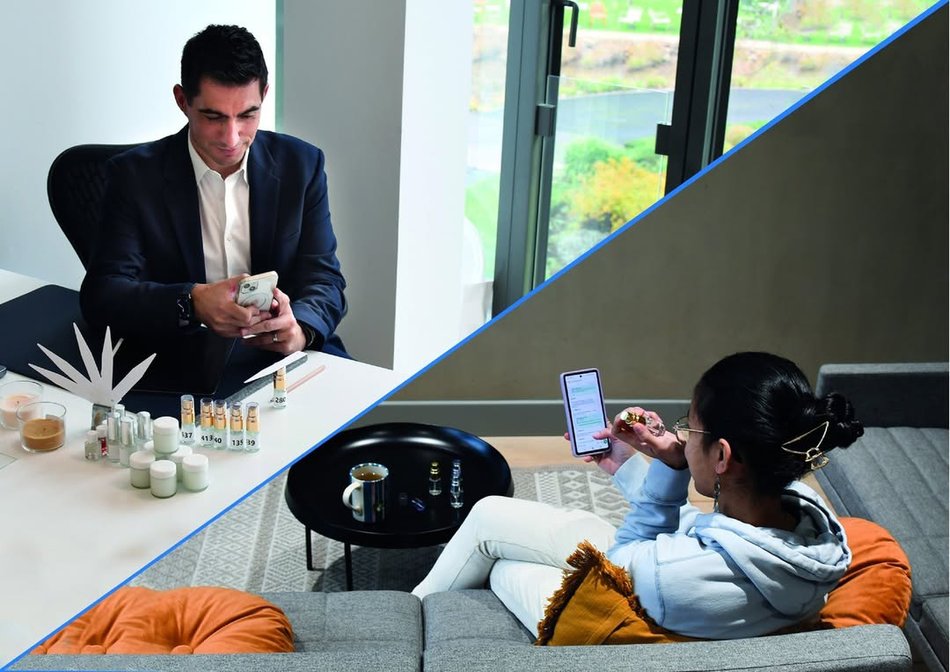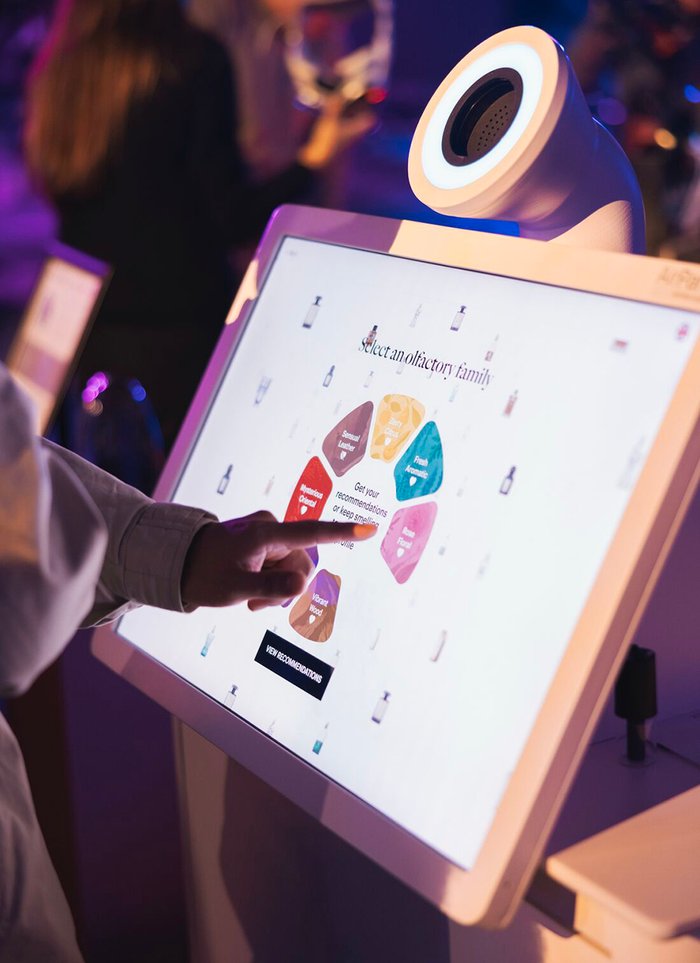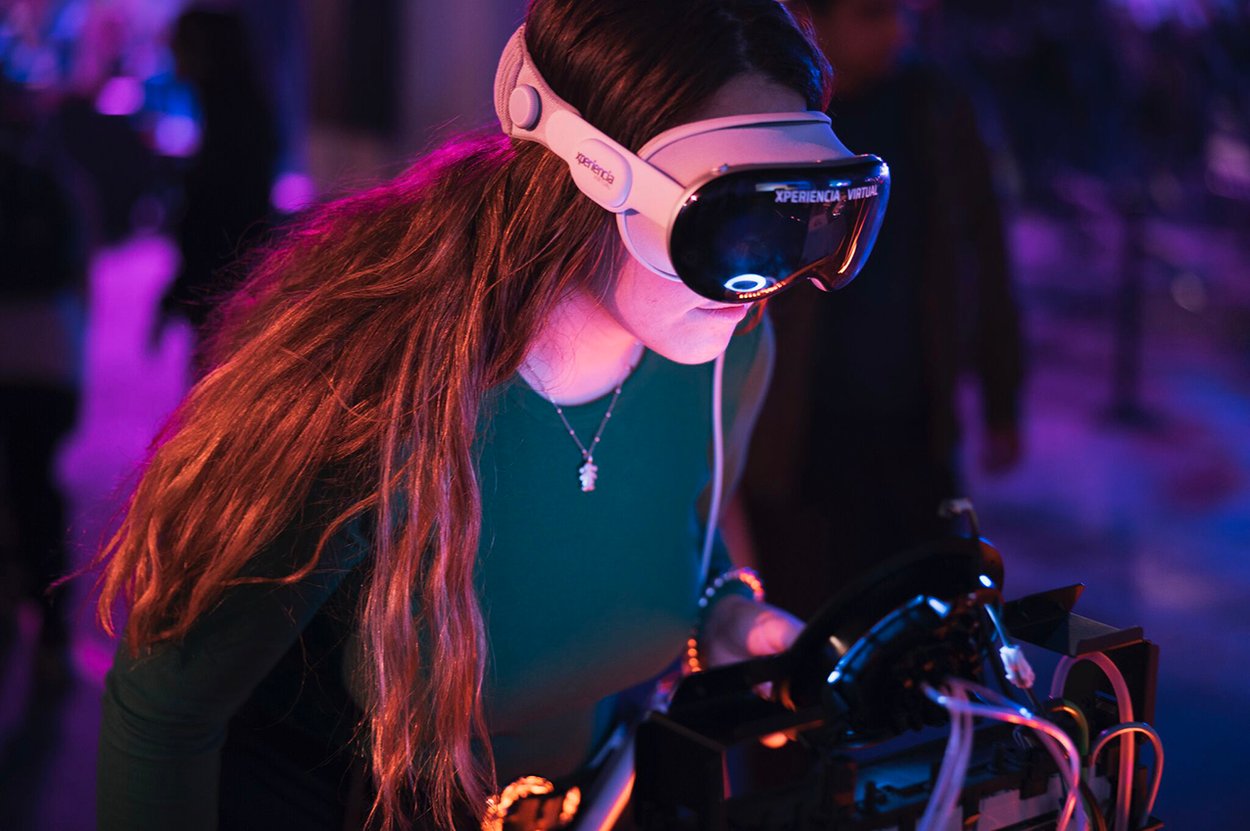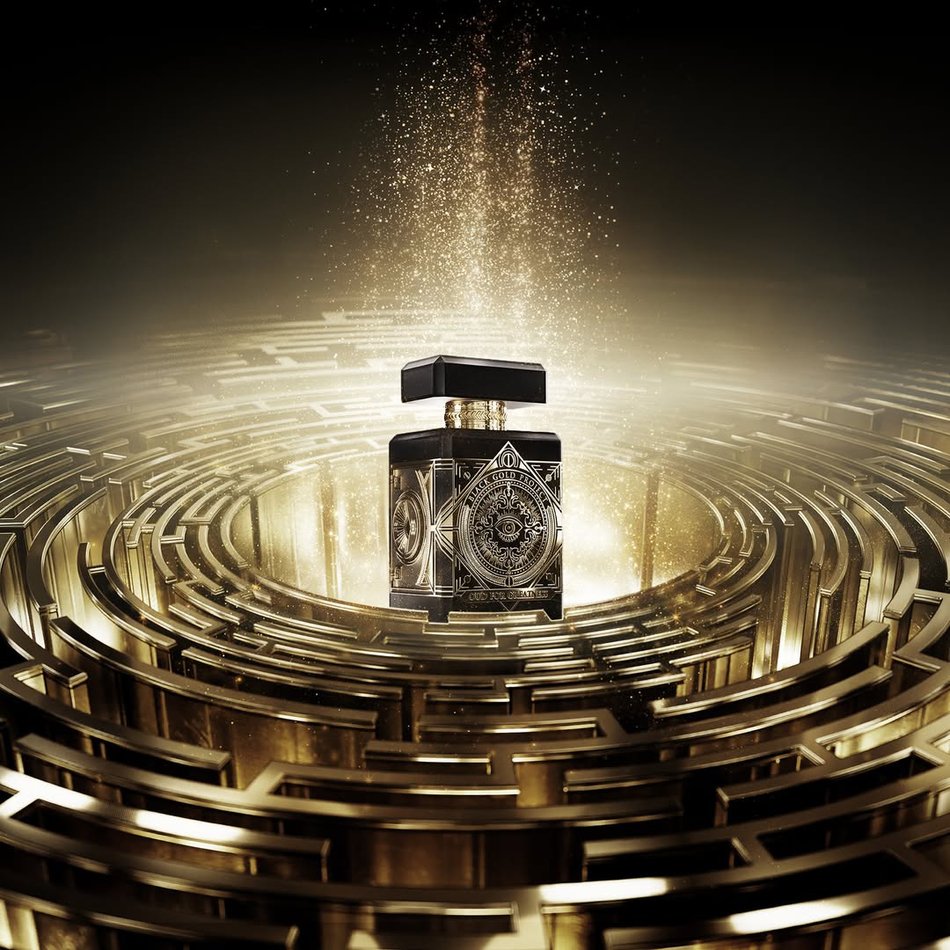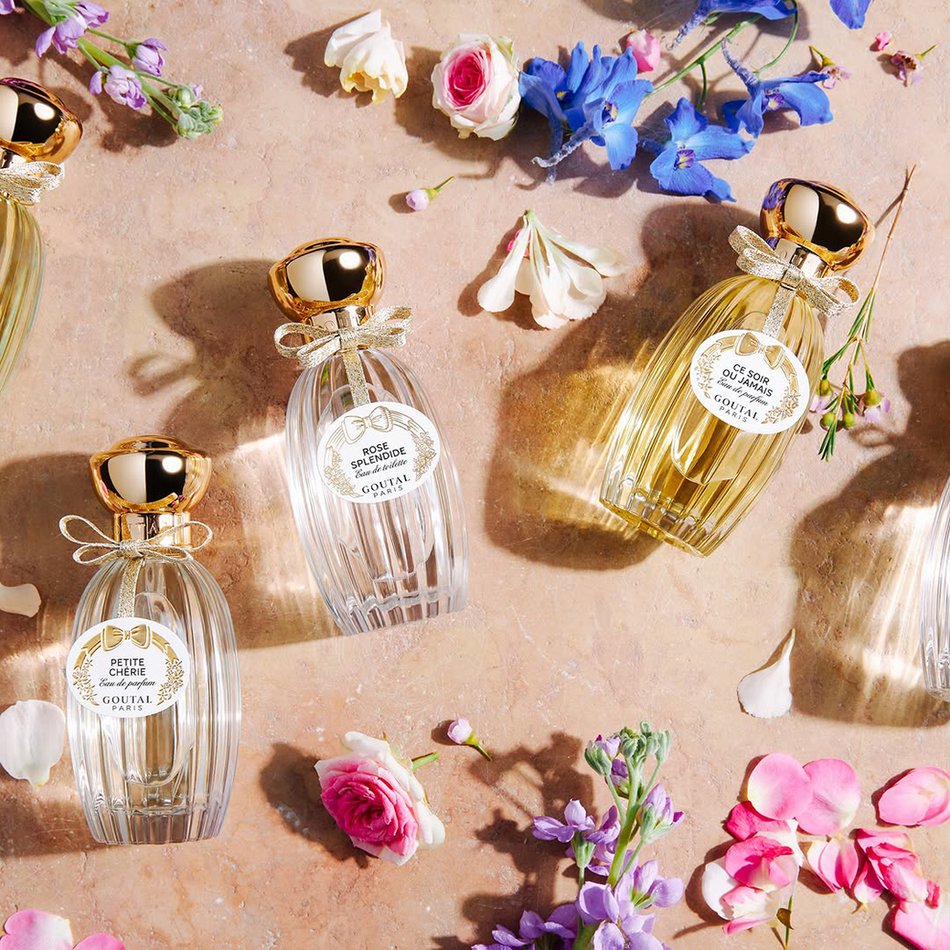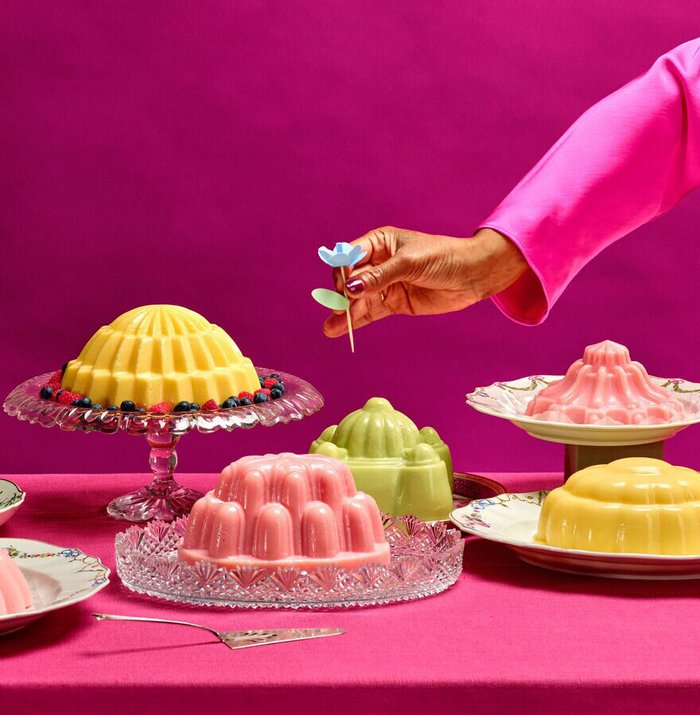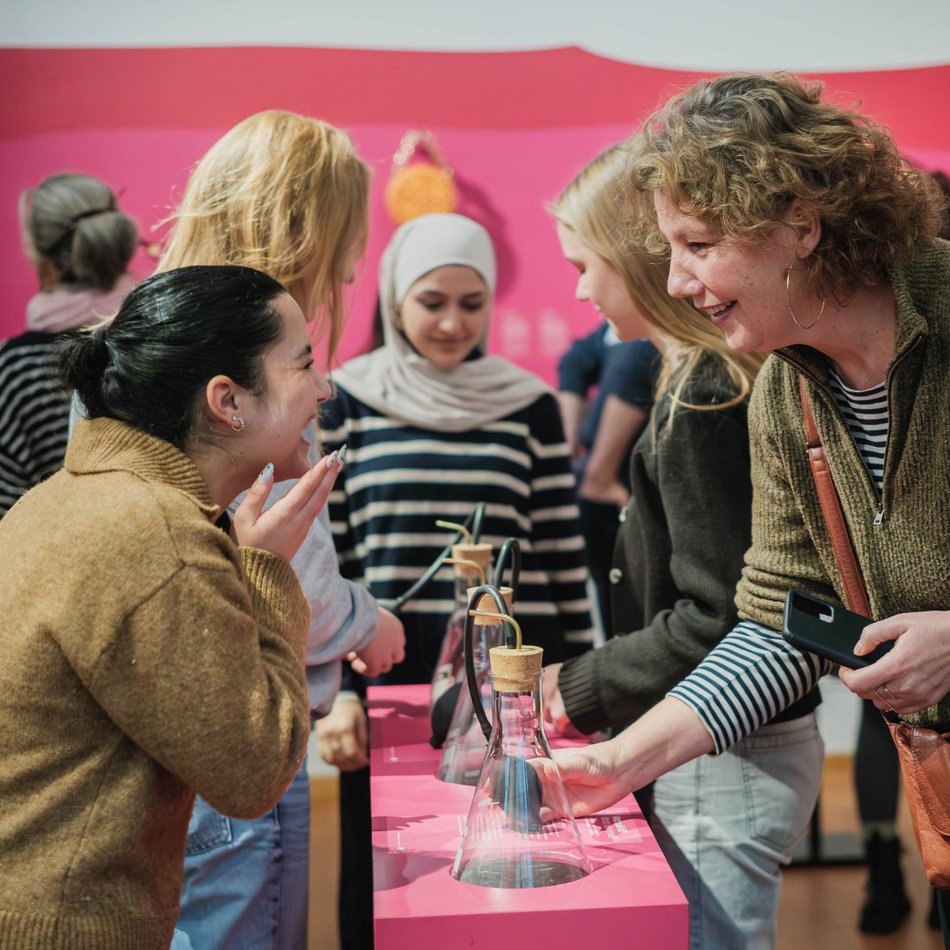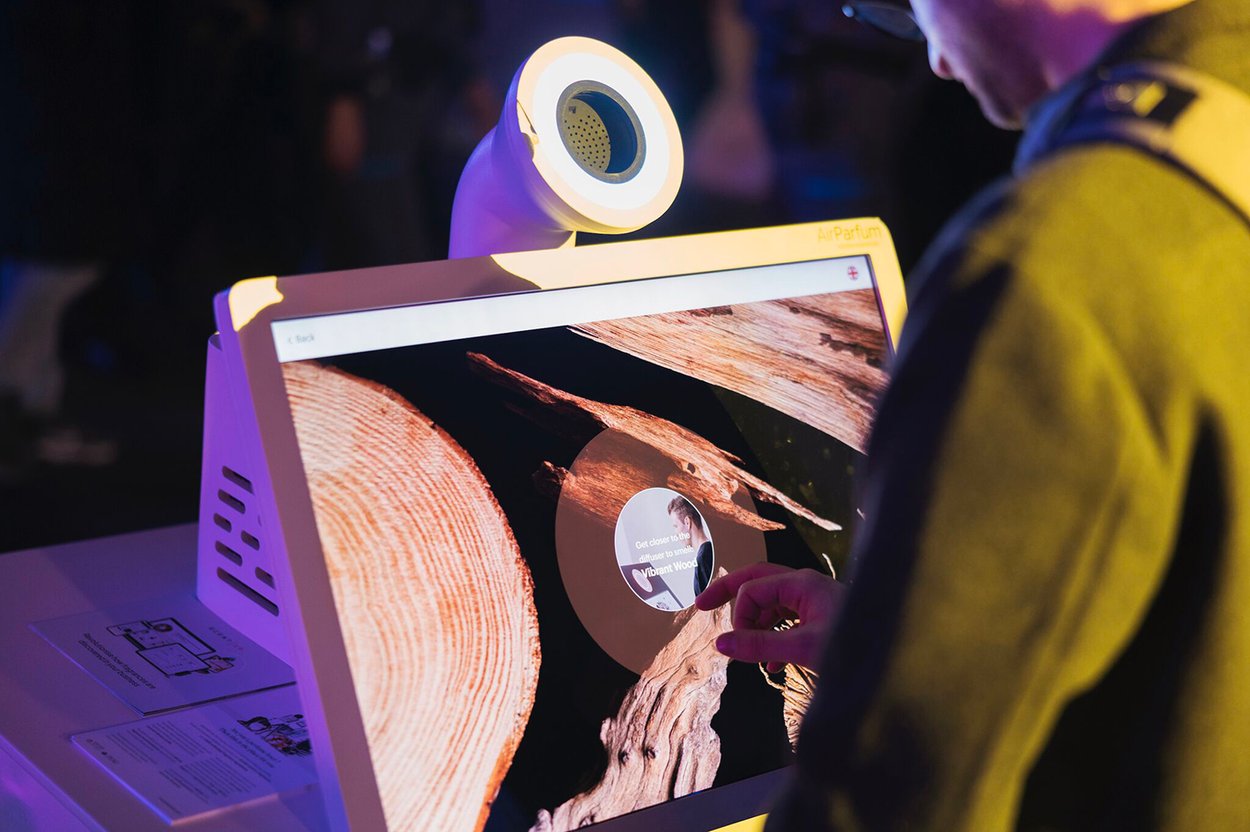
In a world where technology is redefining how we perceive and engage with our senses, the world of perfumery is embracing digitalisation like never before.
From chatbots to algorithms that personalise scents, innovation is pushing perfumery into uncharted territory. Be among the first to explore it.
From chatbots to algorithms that personalise scents, innovation is pushing perfumery into uncharted territory. Be among the first to explore it.
